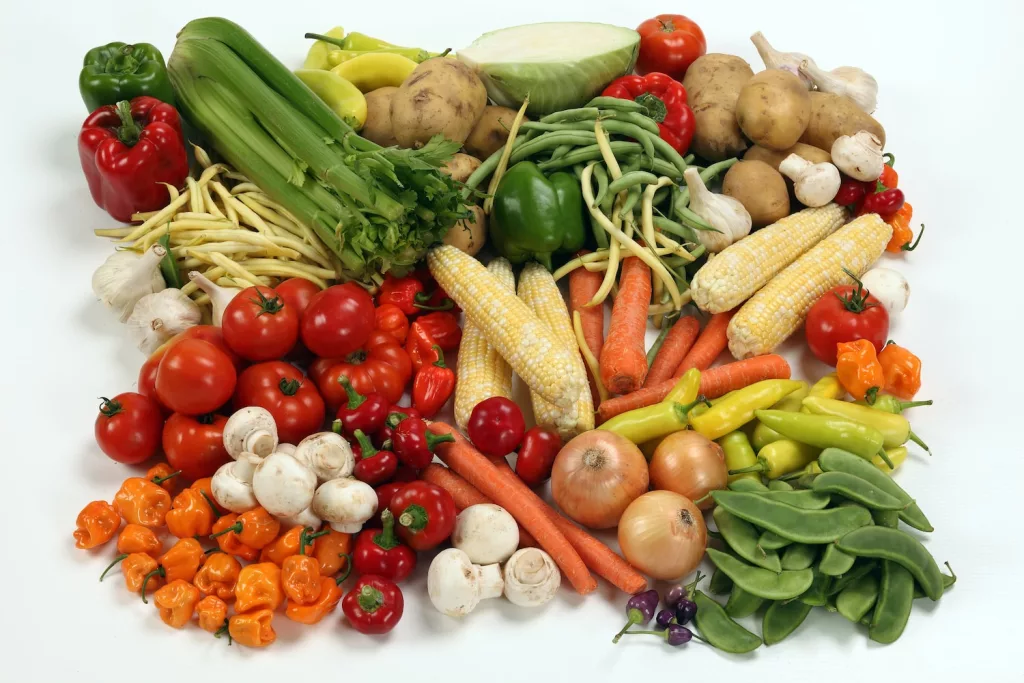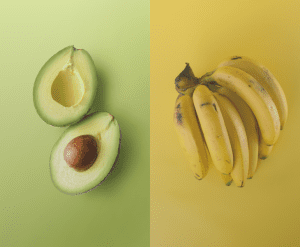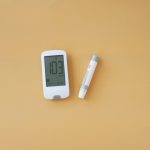It is essential for people to include in their diets a variety of high potassium foods if they want to keep up a healthy way of life. Potassium is an essential nutrient for the human body because of its role in the regulation of muscle function and the neurological system, as well as its contribution to the development of strong bones and teeth.
To keep up a healthy diet, the typical person has to consume 4,700 milligrams of potassium every single day.
If there is an imbalance in your body, this can cause your blood vessels to become rigid and narrow, which reduces the amount of blood that can flow through them and can result in high blood pressure.
Potassium, like all other nutrients, plays a crucial role in maintaining your health. It keeps blood pressure at a healthy level while also lowering the chance of clogged arteries. This reduces the likelihood of having a stroke, as well as kidney problems and heart failure.
Let’s have a look at some high potassium foods and that will be of great assistance in keeping it your health on track.
1. Pumpkin Seeds
The seeds of a pumpkin are an excellent source of potassium, magnesium, and arginine. All of these nutrients contribute to maintaining healthy blood pressure levels.
Pumpkin seeds that have not been salted provide 919 milligrams of potassium per one hundred grams. as a result of the high magnesium level found in pumpkin seeds, which helps to maintain good blood pressure and a strong heart.
While arginine contributes to the generation of nitric oxide, which plays a role in the relaxation of blood vessels and the reduction of blood pressure, it does so on its own.
2. Tomatoes
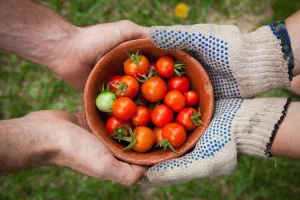
Tomatoes and tomato sauce both have a significant quantity of potassium in their composition. Around 728 milligrams of potassium may be found in one cup of tomatoes, which weighs in at about 245 grams.
Tomatoes are rich in the antioxidant vitamin C and the plant chemical lycopene, which helps lower blood pressure and protect against prostate cancer.
In addition to that, it has a good quantity of Vitamin A, Iron, Magnesium, Fiber and Vitamin B6.
RELATED: 7 Incredible Things About Tomatoes You Never Knew
3. Beetroot
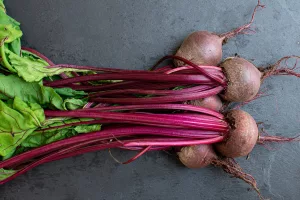
Those that are concerned about their health consume a lot of beetroot. 518 milligrams of potassium can be obtained from consuming one cup (or 170 grams) of cooked beets.
Nitrates, which are necessary for the production of nitric oxide, can be found in plenty in beets. This promotes healthy blood vessel activity as well as general heart health.
In addition to that, this root vegetable is an excellent source of iron, fiber, vitamin C, and magnesium. All of this contributes to a reduction in inflammation and an improvement in blood pressure.
4. Celery
One of the veggies that is both high in nutrients and low in calories is celery. Phthalides, a unique type of substance found in it, are known to aid in the relaxation of blood vessels and in the reduction of blood pressure levels.
Around 284 milligrams of potassium can be obtained from consuming 100 grams of cooked celery.
RELATED: What Happens If You Eat Celery: Health Benefits of Celery
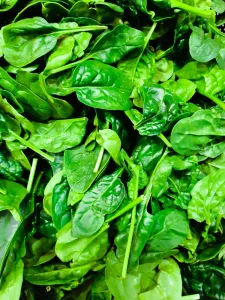
5. Spinach.
The nutritional value of spinach is one of the reasons for its widespread consumption; it is an excellent source of vitamin A, folate, magnesium, potassium, and vitamin K. Raw spinach has 558 mg of potassium per every 100 grams consumed.
Spinach provides the same amount of magnesium, folate, and vitamin K1 as well as 79 milligrams, 194 micrograms, and 483 micrograms, respectively. In turn, this lowers both the top and bottom numbers that make up your blood pressure reading.
6. Potatoes
This starchy root vegetable is popular among consumers in many parts of the world. In a number of nations, it is considered a primary source of nutrition. There are around 420 milligrams of potassium in a single 100 gram serving of cooked potatoes.
In addition to that, it is rich in a variety of vitamins and minerals. Because of how versatile it is, it plays a significant role in the potassium that people get from their meals.
7. Banana
It is the fruit that is consumed the most frequently all throughout the planet. Because of the numerous positive effects that eating bananas daily can have on one’s health, a lot of individuals like doing so. It is one of the fruits that is suggested to consume in order to bring down blood pressure.
Banana includes nutrients such potassium, magnesium, vitamin B6, vitamin C, fiber, and manganese.
Around 360 milligrams of potassium can be found in one hundred grams of bananas.
RELATED: 9 Important Reasons Why You Should Eat Banana Everyday
8. Sweet Potatoes
In place of regular potatoes, sweet potatoes are frequently used in cooking. In addition, it is common because of the positive effects it has on one’s health. It is an excellent source of potassium and magnesium, both of which contribute to maintaining a healthy blood pressure level in the body.
There are around 340 milligrams of potassium in a serving size of 100 grams of sweet potatoes. Up to 12% of your daily potassium needs can be satisfied by eating one sweet potato that is around the size of a medium potato.
9. Avocados
Because of the many benefits that avocados provide to one’s health, their popularity has skyrocketed. In addition to having monounsaturated fats, it is also abundant in vitamin K and folate and has rich amounts of both.
Around 485 mg of potassium can be found in an avocado that weighs 100 grams.
In addition to this, there is some evidence that avocados can aid patients who have high blood pressure. Those who are frequently advised to boost their potassium consumption and decrease their salt intake would benefit from this advice.
10. Pomegranate
You may make a juice out of this item, and it is one of the healthiest options for your cardiovascular system. Pomegranate juice has been shown to reduce the risk of cardiovascular disease while also improving innate immunity.
Potassium, protein, folate, vitamin C, and vitamin K can be found in abundance in these foods. Around 666 milligrams of potassium can be found in a single pomegranate fruit. It has a systolic blood pressure that is drastically lowered.
Alterations to your lifestyle, in addition to including high potassium foods in your diet, can be of additional assistance in controlling your blood pressure.
It is important that you are aware that you will need to stay away from meals that raise your blood potassium levels if your kidneys are not healthy and you are showing signs of renal disease. As a result of your kidneys’ inability to eliminate excess potassium, you will experience further health difficulties as a result.
Final Thoughts
When you are aiming to acquire your recommended daily dose of potassium, it is essential to select the appropriate foods. In addition to assisting with muscle cramps and headaches, potassium is advantageous for a wide variety of reasons, including enhancing overall cardiovascular health and maintaining healthy blood pressure levels.
What do you think about this list of high potassium foods? Did you find this helpful? Let us know in the comments.
Source: HomeRemedies by JD
You might also like:
- 5 Essential Vitamins For Healthy Hair Growth and That Actually Work
- What is Papaya Good For? Amazing Papaya’s Health Benefits You Should Know About!
- What Do You Need to Know About The Health Benefits of Dragon Fruit?
- Drink Okra and Cucumber Water To Get These 6 Amazing Benefits
- 10 Interesting Medicinal Benefits of Asparagus You Might Not Know About

